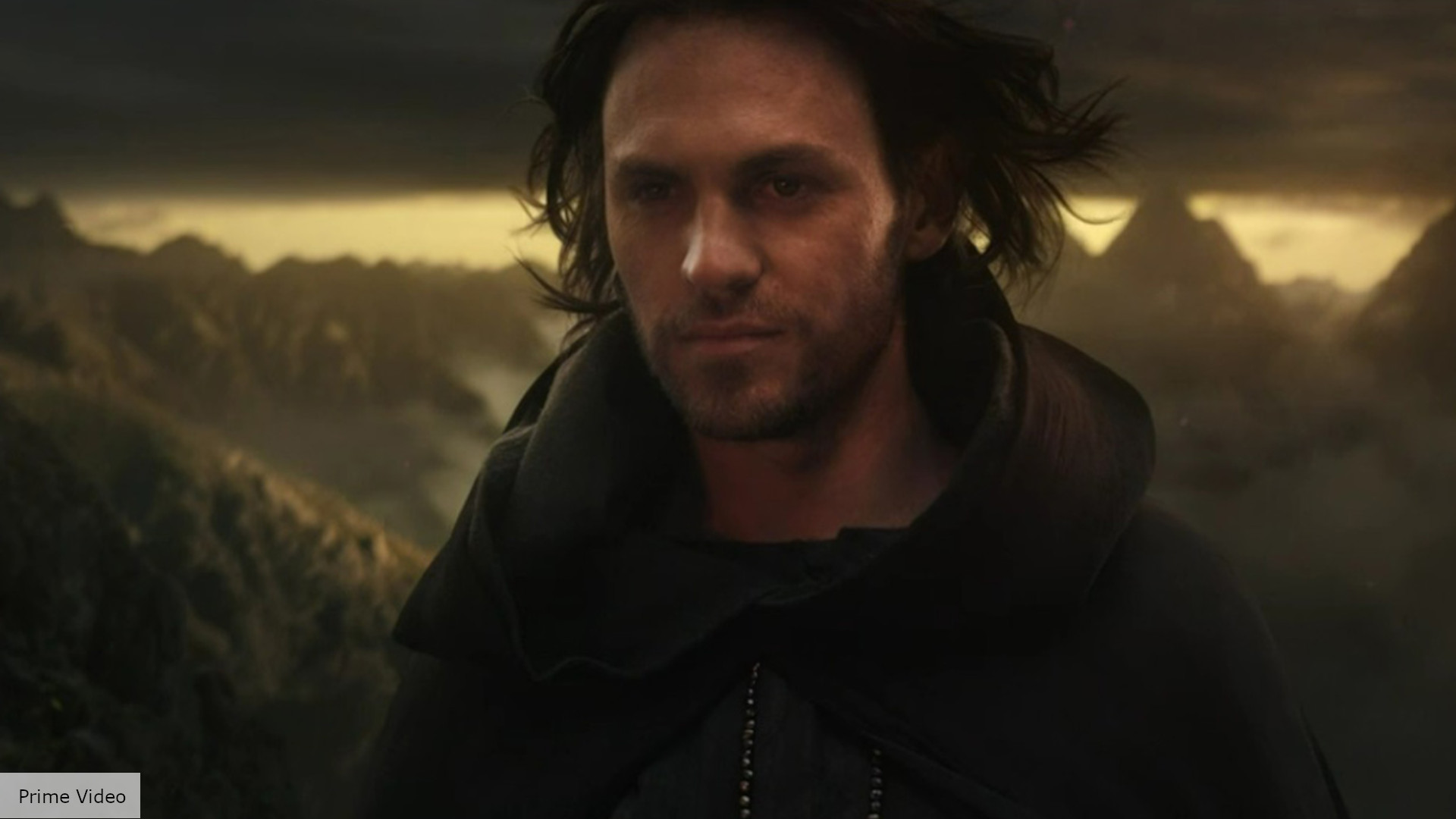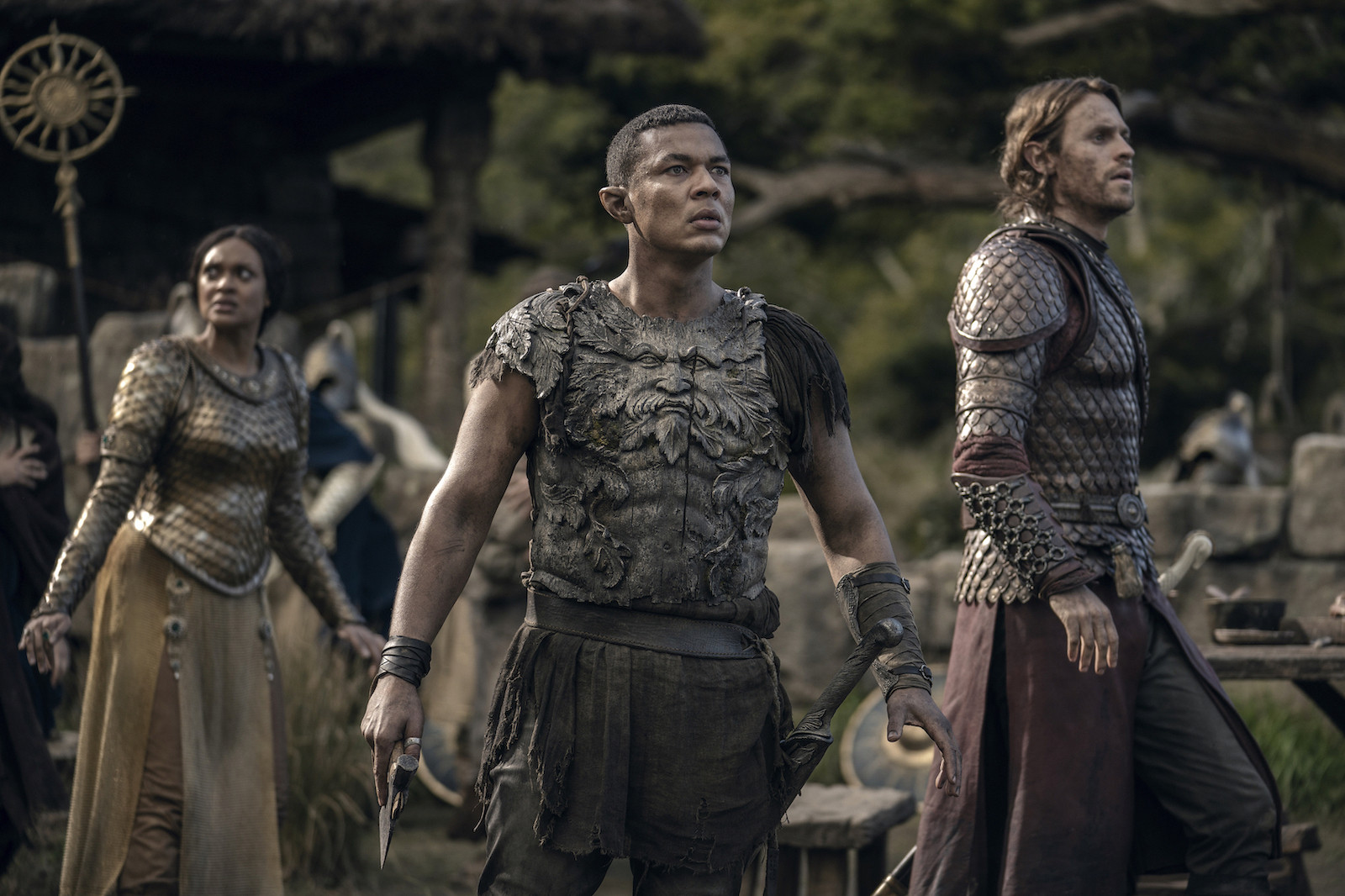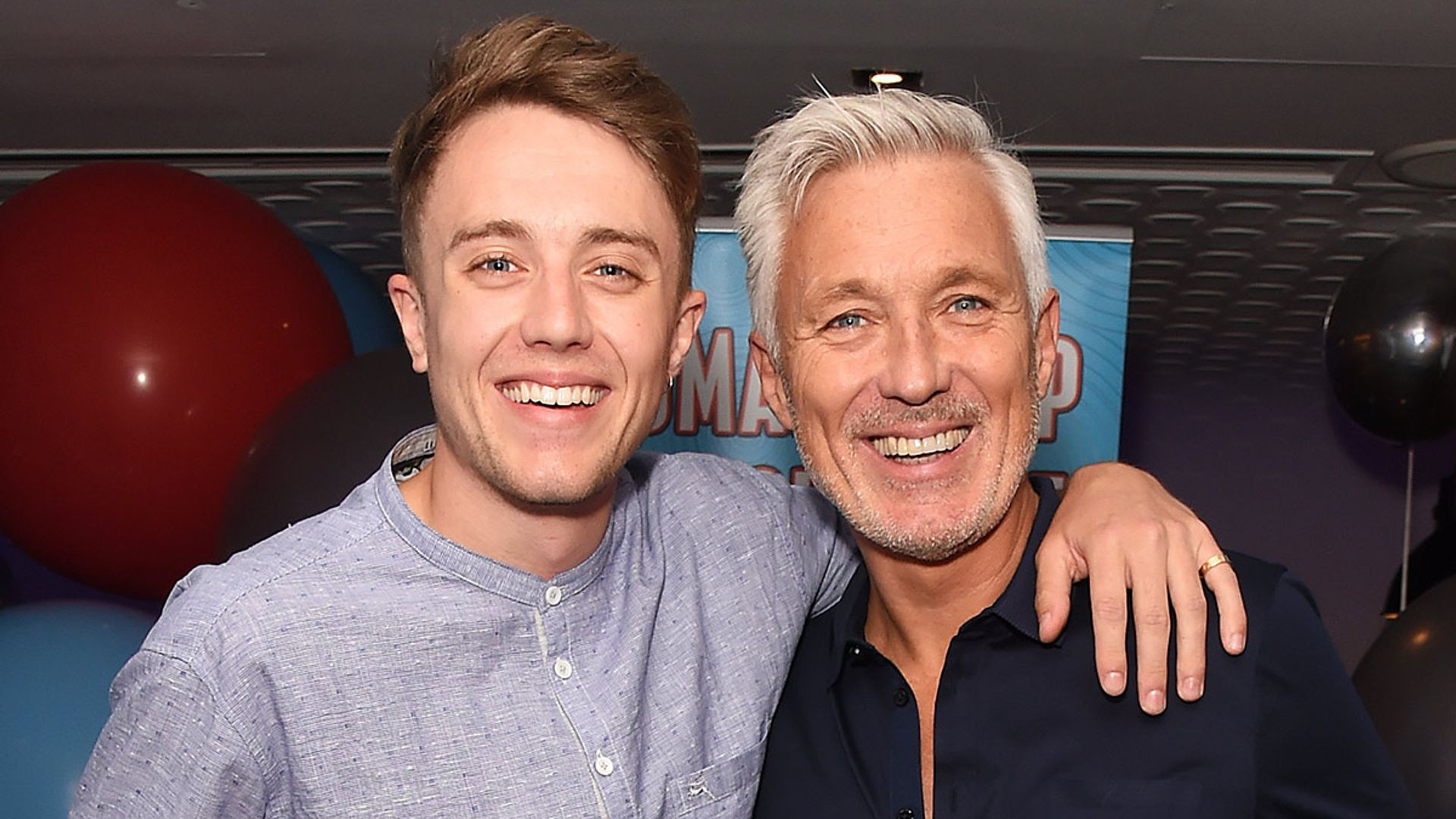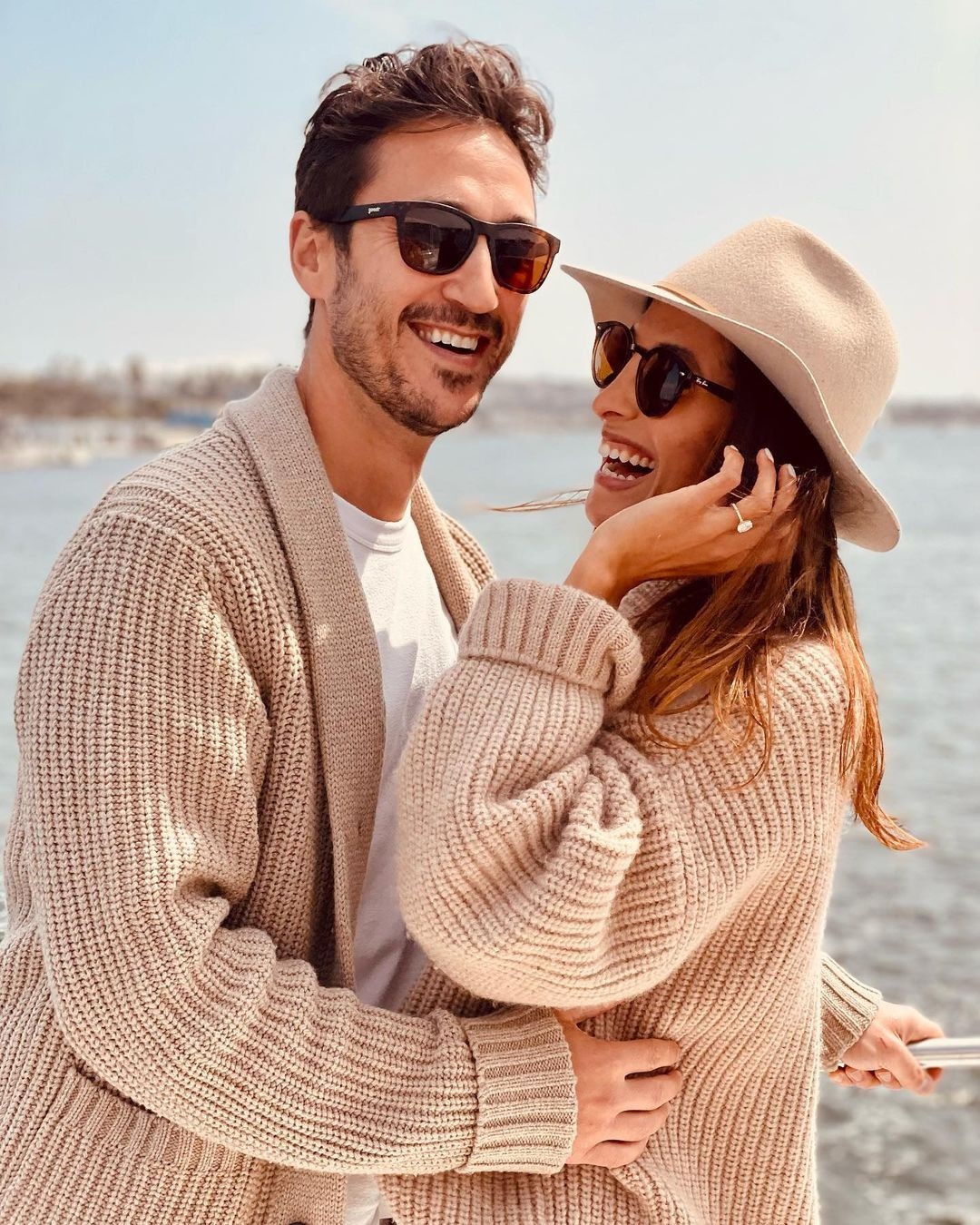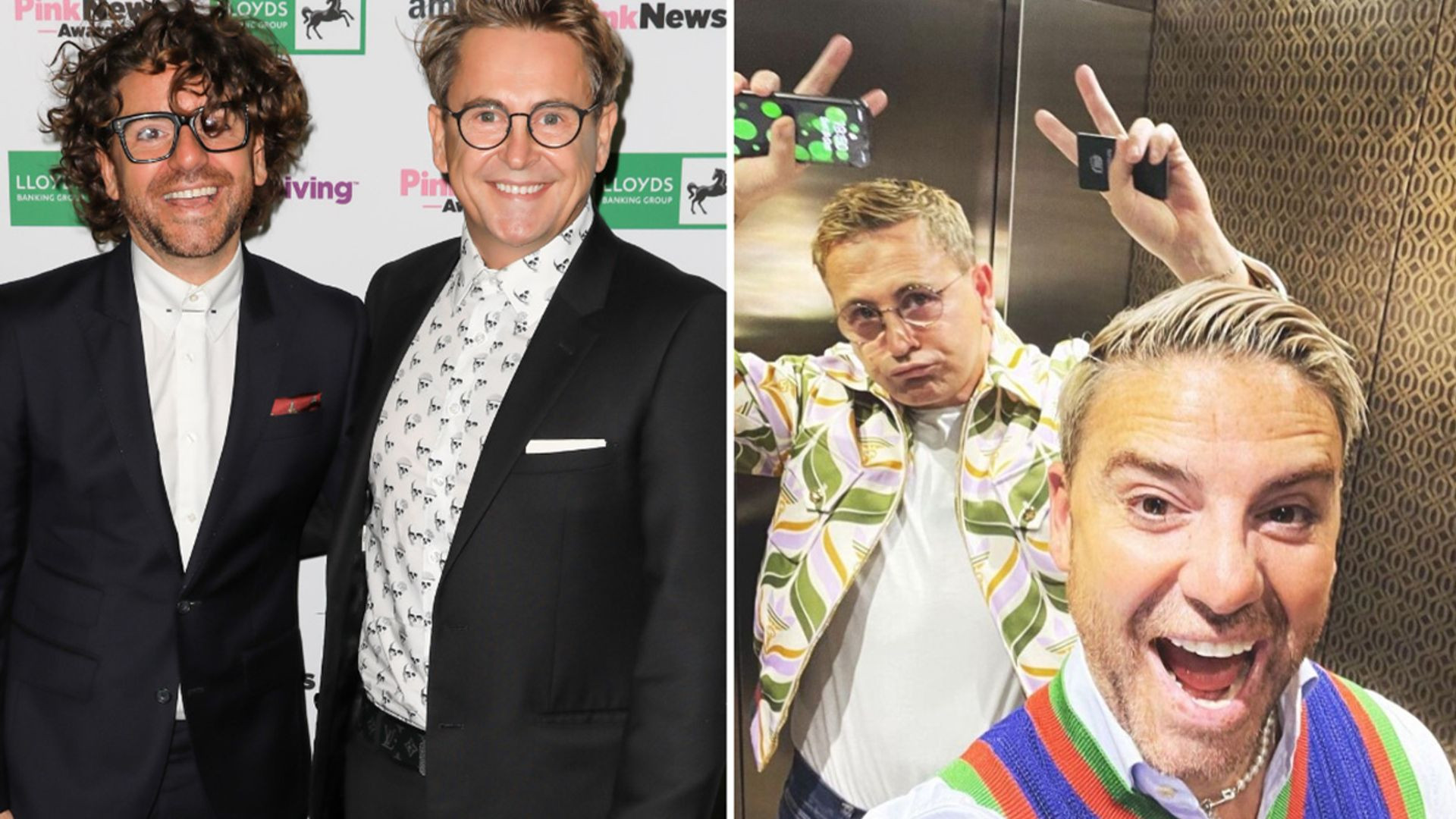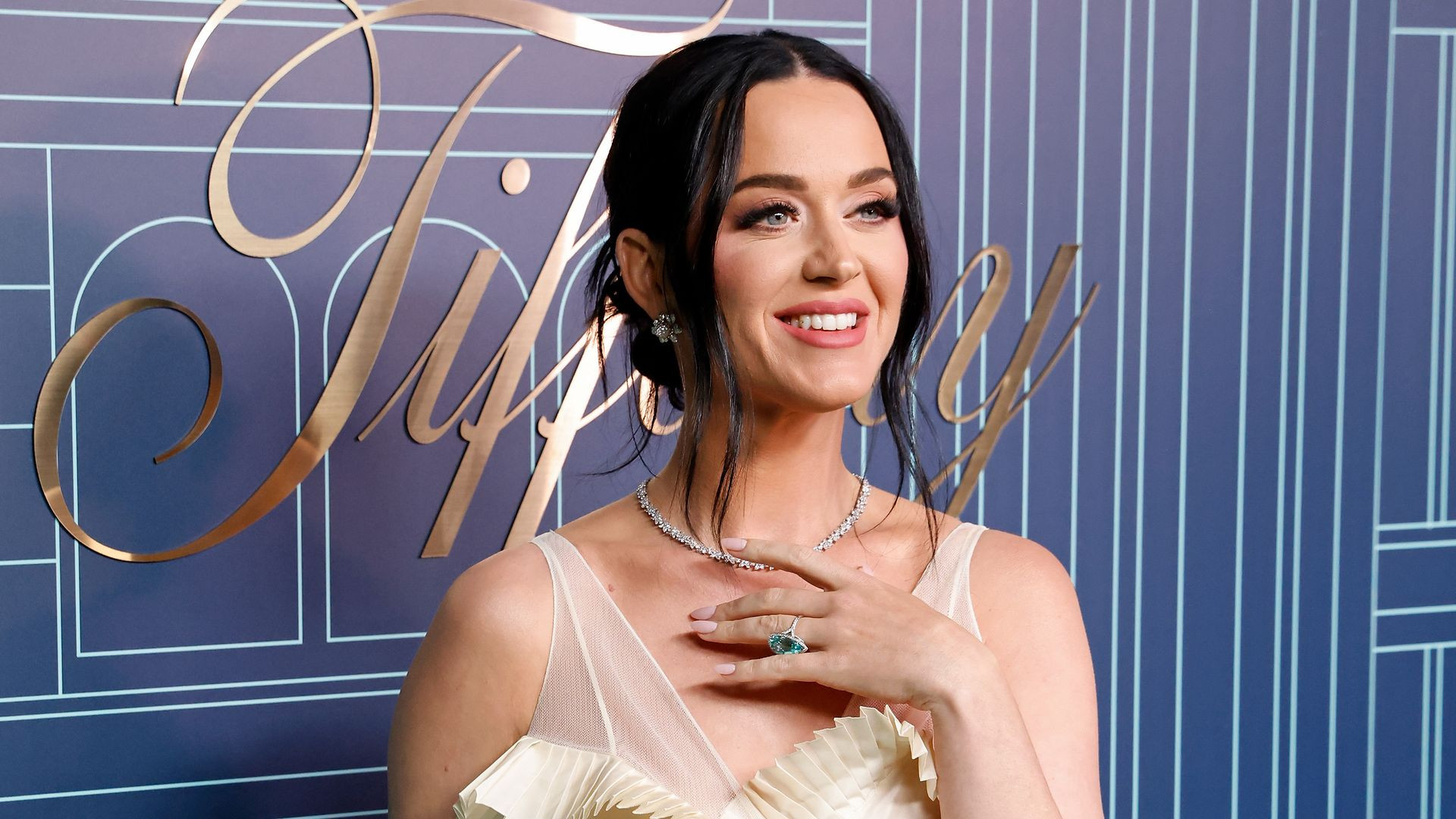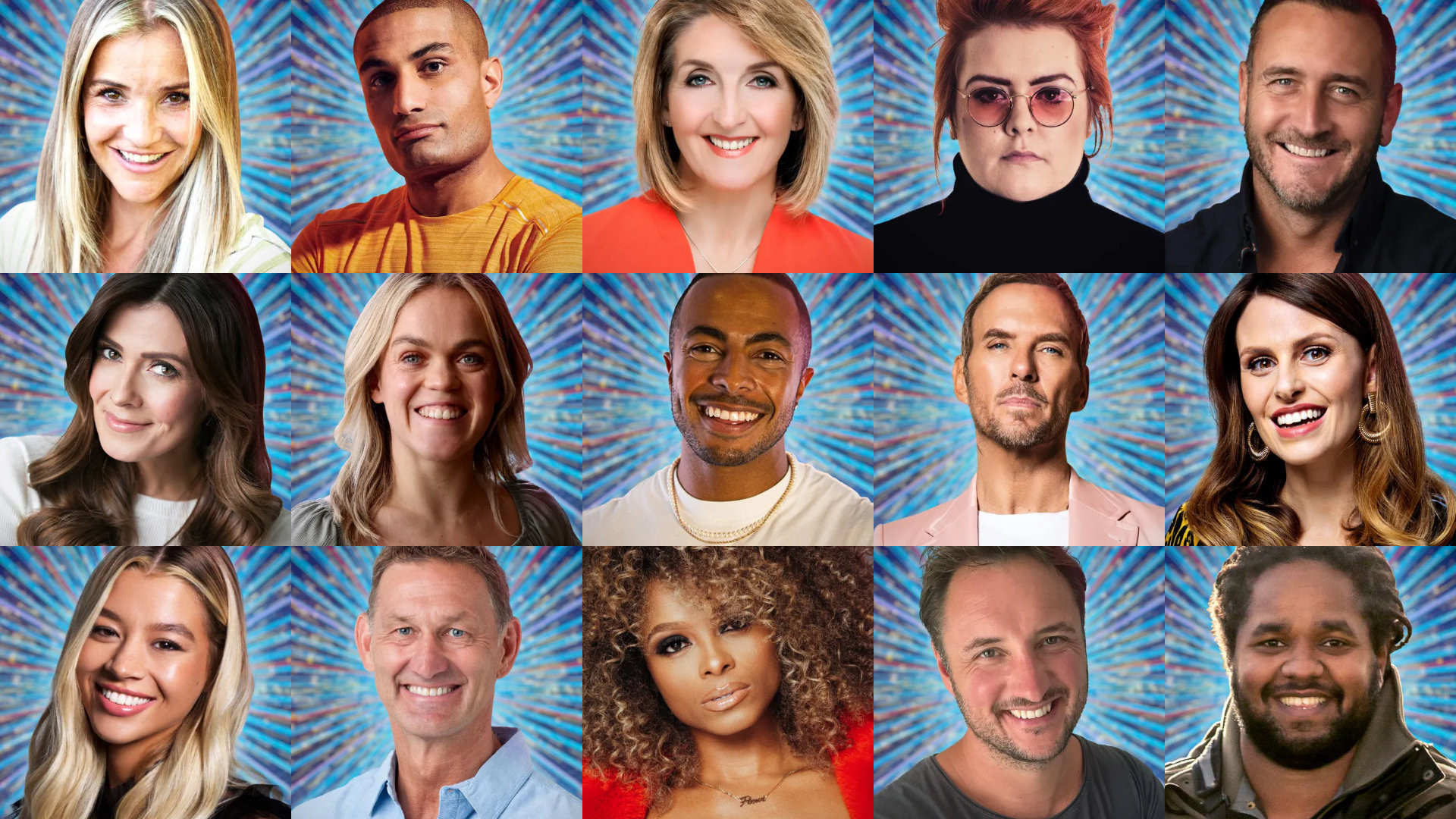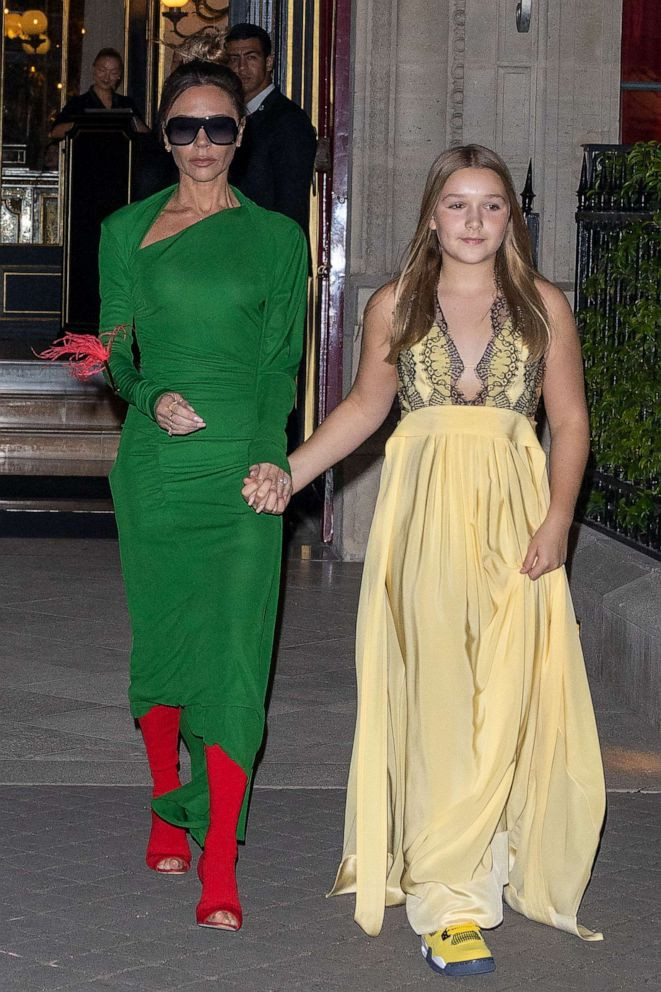I’m not sure what to think about the glowing reviews of Amazon’s The Rings Of Power Season 2 but I’m tempted to say that the critics must be crazy. I’ve said it before and Eru knows I’ll say it again. With just 39 critic reviews in at the time of this writing—prior to the first three episodes dropping this Thursday, August 29th—the show is at a startling 85% Fresh, 2 percentage points above Season 1’s 83% (with 491 critic reviews).
Critics have watched just three episodes of the season, so this score is based only on the episodes viewers will be able to watch this week. In Season 1, critics were given just two episodes (which I initially enjoyed, before losing faith as the season wore on). It’s not enough to judge an entire season of television by, and I wish Rotten Tomatoes would not offer up seasonal scores until the entire season was out and reviewed. But that’s another bone to pick, another time, though I have a dog in both these fights. (I discuss some of the problems with how RT handles TV show reviews here).
Suffice to say, I do not trust this score. I do not trust the critical consensus when it comes to shows like this or The Acolyte (I don’t think it deserves 78%) or Netflix’s bizarrely praised Hit Man. There’s something odd about all these mediocre offerings getting such gushing praise. Do we no longer have standards? The broader culture never has, but shouldn’t critics? What happened?
Then there is the question of bias. Screeners only went out to some outlets. Was Amazon being selective about who received these early screeners, hoping to ensure a better Rotten Tomatoes score before the premiere? This sort of thing happens all the time. It’s not at all unusual. Consumers should be appropriately suspect of early reviews, especially when it comes to TV shows. Despite admitting that the trailers have looked pretty good, I just don’t but it. Like this season’s villain, Annatar, trailers can be deceiving.
That being said, I’d love it if I were wrong and The Rings Of Power turned out to be great. I would love to watch a brilliant show set in Tolkien’s Middle-earth. I simply have no faith after Season 1. Why should I?
Of coures, I haven’t asked the sea whether Season 2 will be an improvement over the first (not in and of itself a particularly challenging feat). I probably should. After all, the sea is always right. I’ll go to the sea and say: “Give me the meat and give it to me raw!” and the sea will say “Do you know why a ship floats but a rock sinks?” and I will say “Morrrrdor!” and we will all have a good laugh; the meat, the sea and I.
To be fair, there were some good moments in the first season and even some good lines interspersed among all the bad. The orcs were really cool, with the best makeup and design of any orcs on TV or in movies. And some turns of phrase really turned nicely. “There can be no trust between hammer and rock” is a pretty good line.
But many of the better lines are just bits from The Lord of the Rings twisted and shoved into these characters’ mouths. “No matter the sorrow, no matter the cost, not all those who wonder or wander are lost” is hardly original, dear Harfoots. Most of the “deep” lines in the series are just kind of silly—phrases that are trying so very hard to sound deep, but are almost nonsensical on closer examination. “Sometimes, to find the light, we must first touch darkness” is one such line. After all, if you’re trying to find the light we must assume that darkness is already upon us. That’s why you’re trying to find the light in the first place!
There are many similar examples. And many, many more problems with the show both in terms of its fast-and-loose affiliation with Tolkien’s lore and worldbuilding, and its messy storytelling. It was pretty, no doubt, but the costumes looked like costumes and the world felt fake in all the wrong ways.
I have not yet, myself, seen any of The Rings Of Power Season 2, but I will be watching this Thursday and will pen my review of the first three episodes directly after, and post my thoughts on YouTube as well (subscribe!). For the nonce, I remain highly skeptical of this gushing critical consensus, but I am willing to be disabused of my skepticism. One must keep an open mind. An open mind is like a river in the darkness, sifting ever for a ray of hope amidst the shadows, like the sun on a verdant forest of gold, glimmering in the eves of eternity before dawn, in the moonlight of the midday sky. Or something.
Look, it’s been two years since the first season of The Lord of the Rings: The Rings of Power aired on Prime. Anticipation is high, and you’ve got questions. I’ve seen all eight episodes of Season 2, the first three of which drop on Thursday.
I will endeavor to answer the questions you’re likely to have about the season, while being careful to avoid specific spoilers. So, go ahead. Fire away.
How is it, overall?
Fun but frustrating. Some storylines zip ahead with vigorous purpose, but others crawl along or, worse, move in lazy circles as characters make weird choices designed to keep them locked in stasis until Season 3. There’s more spectacle – battle scenes, magic, action set pieces – than in Season 1, but a lot of that action feels familiar; one impressive sequence can’t help but play like a riff on The Two Towers’ Battle of Helm’s Deep, instead of carving out much in the way of new visual ground. Many Season 1 characters – Galadriel (Morfydd Clark), Nori (Markella Kavenagh), Arondir (Ismael Cruz Cordova) and Miriel (Cynthia Addai-Robinson), especially – get less to do, and new characters like the Southlander Estrid (Nia Towle) struggle to earn the screentime devoted to them.
Where are we now?
It’s been two years since Season 1 aired, as you mentioned. Where does everything stand?
Season 2 picks up precisely where Season 1 left off. Halbrand (Charlie Vickers) has just revealed to Galadriel that he is actually the Dark Lord Sauron. Under his guidance – but not his direct involvement, which will turn out to be crucial – the elven-smith Celebrimbor (Charles Edwards) has crafted three rings of power for the elves, which they hope will restore their spirits (read: perform mystical-magical tree-surgery, or something) and allow them to remain in Middle-earth.
In the Southlands, Sauron’s onetime lieutenant Adar (Sam Hazeldine, taking over the role from season one’s Joseph Mawle) has triggered the volcano Mount Doom, which in turn blackened the sky and turned the region into Mordor, a homeland for orcs and all things evil. The Southlanders are now refugees, and the Numenoreans, who under the leadership of Queen Regent Miriel came to the Southlanders’ aid, have returned to their island kingdom in defeat.
The mysterious amnesiac being known only as The Stranger (Daniel Weyman) has been revealed as a wizard, though we still don’t know for sure which one, and with his friend Nori has taken off into the East of Middle-earth, toward the land of Rhûn. Rhûn, you’ll recall, is the very place where those three weird creeps who were following them last season came from. He is seeking answers, and the ability to master his powers, which continue to endanger those around him.
Season 2 and Character Development
Season 1 concerned itself with introducing this show’s version of well-known book characters to the audience – as a result, they tended to come off a bit one-note, each with a single, defining characteristic. This Galadriel, we learned, was blinded by vengeance. This Elrond was torn between his friendship with the dwarf Durin and the needs of his people. Several new characters felt thinly-drawn, as well: Nori was sweet, the Stranger was confused, Theo (Tyroe Muhafidin) was surly. Have the events of season one informed how any of these characters’ think and act?
Think, maybe. But act? Not so much. Galadriel, for example, realizes she’s been deceived by Sauron, and certainly talks a big game about feeling introspective and remorseful about it, but we don’t see any of that onscreen – instead, she continues to bully everyone around her with the same tiresome my-way-or-the-highway attitude she always has. Elrond, for his part, gets a brand new motivation this season, which has to do with those three elven rings. (Said new motivation won’t make a lick of sense to anyone who knows the books, yet he clings to it all season long.) He does get to assume a more direct role in the conflict with Sauron, though, which is welcome. But Nori’s still stuck in plucky naif mode, the Stranger still spends all of his screentime questioning himself, and Theo’s still an obnoxious little jerk.
In general, characters created for the series get afforded more emotional nuance and roundedness than those taken from Tolkien. The mysterious orc-general Adar, for example, remains compelling, and the posh Numenorean dweeb Kemen (Leon Wadham) emerges in just a handful of scenes as a juicy, eminently hissable villain.
The New Characters
Ok, but what about the characters from Tolkien that will be introduced to the series this season, according to the trailers? How do they work? The elf shipwright Cirdan, for example?
Cirdan’s cool. Like, emotionally cool. In fact, as played by the great Ben Daniels, he’s more than cool, he’s chill. Daniels chooses to play one of the oldest and wisest elves in all Middle-earth like a grinning, blissed-out Weed Guy who doles out platitudes along with the sativa. It sort of works, and makes you want more of him than this season gives us.
Tom Bombadil (Rory Kinnear) shows up this season too, which is a big deal. How does the series handle a character so weird and narratively incongruous – he’s the embodiment of Nature itself, or something – that Peter Jackson couldn’t figure out how to include him in the films?
You’re right that in the books, Bombadil doesn’t make a lot of sense on a plot level. He spends his chapters prancing about, singing at the top of his fool lungs and just generally representing the capricious, ephemeral nature of … well, Nature. Tolkien takes pains to establish just how blissfully unconcerned he is with anything going on in the other chapters. He’s his own creature, the very free-est of free agents.
In the series, not so much. This is a surprisingly dialed-in, alert, even a bit world-weary Bombadil, who acts as a kind of emissary for this universe’s Powers That Be. He’s expressly there to guide another character along their journey of self-discovery. It’s a very odd choice, but Kinnear, who’s no stranger to acting from beneath goofy wigs (did you see Alex Garland’s Men?) makes it work.
In the trailer, we get a glimpse of another wizardy-looking dude played by Ciaran Hinds. He’s who we think he is, right?
Probably. He never gets named, and he’s not in it much but: Probably.
Hinds is terrific in everything, and he’s terrific here. If at times you think you can glimpse a twinkle of self-aware amusement in the classically trained actor’s eyes as he’s declaiming some particularly hokey snatch of dialogue from behind that fake beard, you’re not wrong.
What about The Stranger? Do we at least find out who he is, once and for all?
Eventually. Not immediately (nothing in this series happens immediately; the stuff with real, lasting significance is saved for the last two episodes of the season), but eventually. The precise way we learn his name is, it has to be said, a bit of a groaner, but it’s a fun one.
The Rings of Power
Fine. So, what about the rings, then?
Well, this may just be me, but the design of the rings of power in the Peter Jackson films – the elven rings, in particular – always seemed sleek and elegant: tasteful, even. The show’s more garish versions are so bulky they’re practically Ring Pops; in any given scene you half-expect their wearers to stop everything and start sucking away.
No, I meant: This show is about how the rings of power were created in the first place. That has all the makings of an epic, tragic tale, but the first season played a bit fast and loose with how the three elven rings came to be, and it felt rushed and confusing as a result. How does the show handle the making of the other rings?
We have at last alighted on the very best thing about the season, the single most effective element that makes it all worth watching.
Liberties continue to be taken with the chronicle of events as Tolkien laid them out, but that’s fine – any adaptation needs to make its own choices, or it risks devolving into mere transcription.
So while the specific events of the crafting of the other rings by the elven smith Celebrimbor in partnership with Sauron (in his guise as beatific and beautiful Annatar) differ in various particulars, the show deftly captures the crucial emotional stakes of the story.
That’s thanks, in large part, to Charles Edwards’ performance as Celebrimbor. The actor started laying the necessary track for this season’s narrative arc all the way back in season one. In his very first scene with Robert Aramayo’s Elrond, Edwards clearly established that Celebrimbor may be wise and skillful, but he’s vulnerable to flattery – even hungry for it.
So when Vickers’ Sauron shows up this season as the mysterious and sexy Annatar, with his pointy ears, soulful eyes and Gregg Allman wig, we know that Celebrimbor will all-too-willingly fall hopelessly under his sway. Vickers, for his part, doesn’t push it – he occasionally lets Annatar’s caring, dewy-eyed life-coach facade drop to let us see just exactly how much fun Sauron is having, manipulating absolutely everyone around him. Any scenes these two actors share feel layered and emotionally resonant, on a show that too often permits its characters to declare everything that they are thinking at the precise moment they think it.
Is Season 2 Worth Watching?
So wait, that’s a yes on this season, then? After all that negative stuff you said about the plot and the pacing?
What you’re picking up on is the aforementioned frustration. Most of us who watch this particular show go into it having a fairly clear idea of what needs to happen, purely on a broad, plot level. So we can’t help watching with a simmering sense of impatience. Whenever the series finds places to insert fresh new ideas and characters (like Adar, for example), or captures something the books could only hint at (the Celebrimbor-Annatar stuff), that impatience dissolves completely.
But when, as often happens in both this season and the one before, the series seems content to pad itself out with needlessly discursive developments, that frustration, that impatience, starts to color everything we see. On first viewing, especially.
I’ve recently rewatched Season 1; with a bit of distance, it’s easier to forgive the stuff that rankled, two years ago: That clumsy Numenorean “elves won’t take our jobs!” storyline, that forced elf-Southlander romance, the jaw-dropping slowness of the burn with which The Stranger and Nori’s slow-burn plot proceeded.
Because at the end of the day, we’re back in Middle-earth, among its elves, dwarves and orcs. We’re walking the streets of Numenor, and Lindon, and Eregion. We’re deep beneath the Misty Mountains, in the halls of Khazad-dûm. The Lord of the Rings: The Rings of Power may not be everything we hoped it would be – how could it?
But for now, it’s enough.
There's a hole in my heart where love for "The Lord of the Rings: The Rings of Power" should be.
Season 1 of the outrageously expensive Amazon Prime series had a lot going for it. The sets, the costumes and the effects are gorgeous. You can tell and respect how much work it took to bring this series to life.
The story also had a lot of opportunity to go in almost any direction, considering it's using only a handful of writings of J.R.R. Tolkien from the "Lord of the Rings" appendices to tell a story about the Second Age of Middle-earth, which for the uninitiated is the middle part of the story, after the creation myth and before "LOTR" proper. It's all about the forging of those rings, the rise of ultimate baddie Sauron and getting all the chess pieces on the board that ultimately set up Frodo's journey to destroy the ring of power in the main trilogy.
The first season obviously required a lot of setup, and I gave creators J.D. Payne and Patrick McKay a lot of leeway to get their footing and create a series that's distinct from the Peter Jackson films that have so permeated popular culture. And by the time the season ended with a big reveal that Sauron (Charlie Vickers) had been hiding in plain sight all along, I was excited to see what they would do with a second season.
Unfortunately, all that promise has been utterly wasted on the confusing, directionless and emotionally bankrupt second season of "Rings of Power" (streaming Thursdays, ★½ out of four). If Season 1 was a leisurely stroll through Middle-earth, Season 2 gallops away, leaving many of the important details, character developments and stakes behind.
If you can possibly remember what happened in the first season − and I was still vaguely confused even after watching a recap video, which is a mark against the series because homework should not be required − you'll know things are looking grim in Middle-earth. Sauron tricked the elves, including Galadriel (Morfydd Clark) and Elrond (Robert Aramayo), into crafting three rings of power to save their crippled realm of Lindon. The utopian kingdom of men Númenor has lost its king and a battle in Middle-earth. A couple of Hobbit-like Harfoots are accompanying a mysterious wizard known as "The Stranger" (Daniel Weyman) on a perilous journey. And the dwarf underground realm of Khazad-dûm is collapsing, so it might need some powerful rings, too.
It's all a lot to remember, and the new episodes are far more interested in the big-picture plot twists and mythology than any of the characters. There are no magnetic heroes to ground the story from its many locations. The producers expect to scare us with monsters and villains but give us no one to love. Much hangs on the shoulders of the young cast, especially Aramayo and Clark, but mostly they lack the talent or depth to add gravitas to the story.
The series cycles through the storylines in perfunctory fashion. The relationships often don't make sense, and it's hard to keep track of who is related to whom, let alone their names and motivations. And that's a problem, because you can have the most beautiful sets and the most daring plot of any TV show around, but the essence of story is characters. Audiences are drawn to people, even if they're dressed up as dwarves or Harfoots. When dwarf prince Durin IV (Owain Arthur) fights with his father, Durin III (Peter Mullan), it's hard to care, even if you can remember what they were fighting about in Season 1 (the writers feel no need to remind the audience).
It's heartbreaking to see a story with so much potential, so much work behind it, and with such beloved source material crumble the way "Rings of Power" has. Certainly, Hollywood has proved that no production is too big to fail, no matter how much money is thrown at it.
I wouldn't mind using a ring of power myself to make some edits to this version of Middle-earth.




